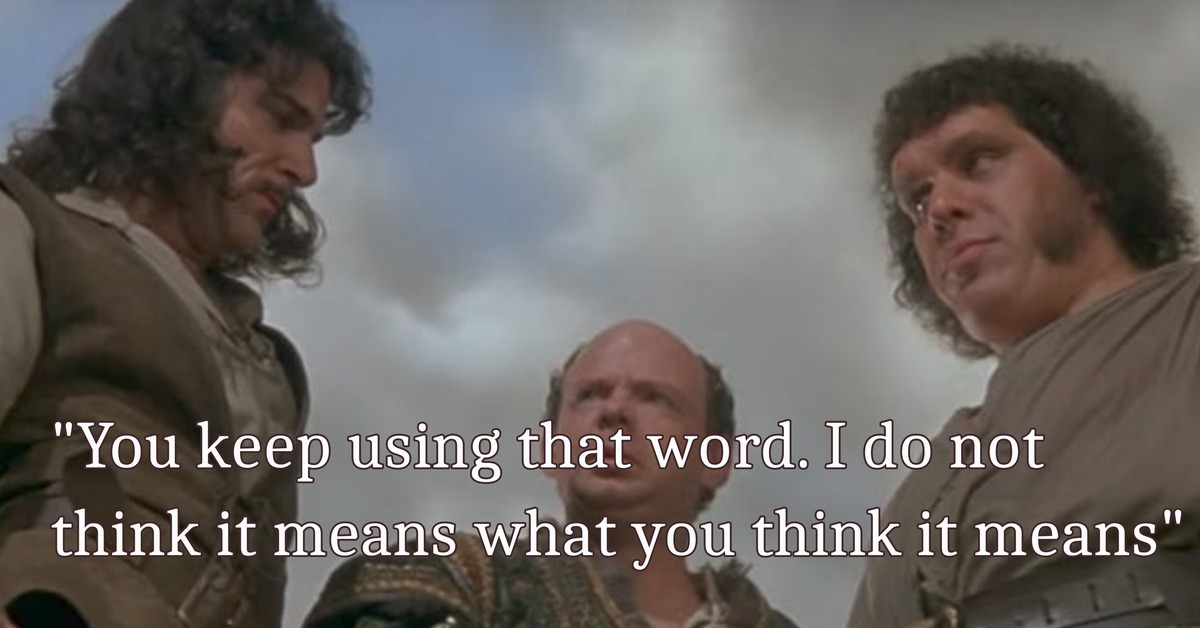Jesus, aware of this, withdrew from there. And many followed him, and he healed them all and ordered them not to make him known. This was to fulfill what was spoken by the prophet Isaiah:
“Behold, my servant whom I have chosen,
my beloved with whom my soul is well pleased.
I will put my Spirit upon him,
and he will proclaim justice to the Gentiles.
He will not quarrel or cry aloud,
nor will anyone hear his voice in the streets;
a bruised reed he will not break,
and a smoldering wick he will not quench,
until he brings justice to victory;
and in his name the Gentiles will hope.”
Understanding And Applying the Text
Christ healed many. Christ did not perform miracles for entertainment. Nor did he do it for fame. He had a distinct purpose in mind. That purpose was to show He was the Son of God. He was the Messiah, the Redeemer of the world.
Matthew quotes from Isaiah. “This was to fulfill what was spoken by the prophet Isaiah.” This was not speaking to the fact Christ commanded them not to speak about the miracles. This becomes clear when reading the rest of the quote from Isaiah. Instead, Matthew refers to God assigning His Son to a low and menial position. If Matthew was referring to the command to remain silent the quote makes no sense.
Jesus came to proclaim and establish justice. He did not do so with a showy display of power. Nor did he come to lead a political or military movement. The people misunderstood the role of the Messiah. As a result, Jesus needed to dampen their enthusiasm.
In the quote from Isaiah God refers to Jesus as His servant the one He chose. This seems like a strange way to refer to the Son of God.
God calls Him servant not because he is a low rank. Jesus is a servant because He is the one whom God chose to redeem His Church. Christ said, “If I glorify myself, my glory is nothing. It is my Father who glorifies me…(John 8:54). And then again in John 5:19. “Truly, truly, I say to you, the Son can do nothing of his own accord, but only what he sees the Father doing. For whatever the Father does, that the Son does likewise.”
Jesus was both God and the servant of God. He was both fully man and fully God. This is made clear by the rest of that sentence where God calls Him, “His beloved.”
God the Father embraces His love of the Church through Christ. For we, by nature, are enemies of God. (Romans 5: 10) God’s love only comes to us through the Head, which is Christ.
God said He would put His Spirit on Him and He will proclaim justice to the Gentiles.
The translation of the word “justice” can be also translated as “judgment.” In fact, several translations do so, KJV, ASV, and Geneva are three. I mention this because it could be misunderstood. We tend to think of justice as something for the other guy. That is the way the Jews read it. God was going to bring justice to Gentiles. “Yeah, they are going to get it?” We think of ourselves as just. We think of ourselves as pretty good. But we are all sinners. We have all committed cosmic treason. We are all subject to God’s justice. Justice brings judgment. Otherwise, it would not be justice.
But praise God. Not only is He just, but He is also merciful.
Verse 19, “He will not quarrel or cry aloud, nor will anyone hear his voice in the streets.” This is a reference to the fact Christ came in low estate. His taking the form of a man was in itself a great humiliation. But He came as a poor man without any status. He had a low status even among men. The meaning is Christ would not come with noise or fan fair. Christ voluntarily lowered himself to our status. If Christ appeared in his glory, it would swallow us up.
There is general agreement on the meaning of verse 20a. “A bruised reed he will not break, and a smoldering wick he will not quench… .” That is Christ will not rebuke and persecute those that are weak in faith, or love. Instead, He will strengthen and kindle them by His own meekness and gentleness.
It should not come as a surprise I am not in agreement with the general consensus. The reason is it ignores the rest of the verse. “Until he brings justice to victory.” The word until indicates Christ will, at some point, break the bruised reed. He will quench the smoldering wick.
The reed was a symbol of justice. The Jews associated it with power and authority. So what is a bruised reed? It is partial justice. It is an imperfect justice. It is the type of justice we deliver. Christ will let it stand until He establishes true justice.
The quote concludes with, in Christ’s name we, as gentiles, will find our hope.

Leave a Reply